3-Month Pregnancy: Fetal Development and Care
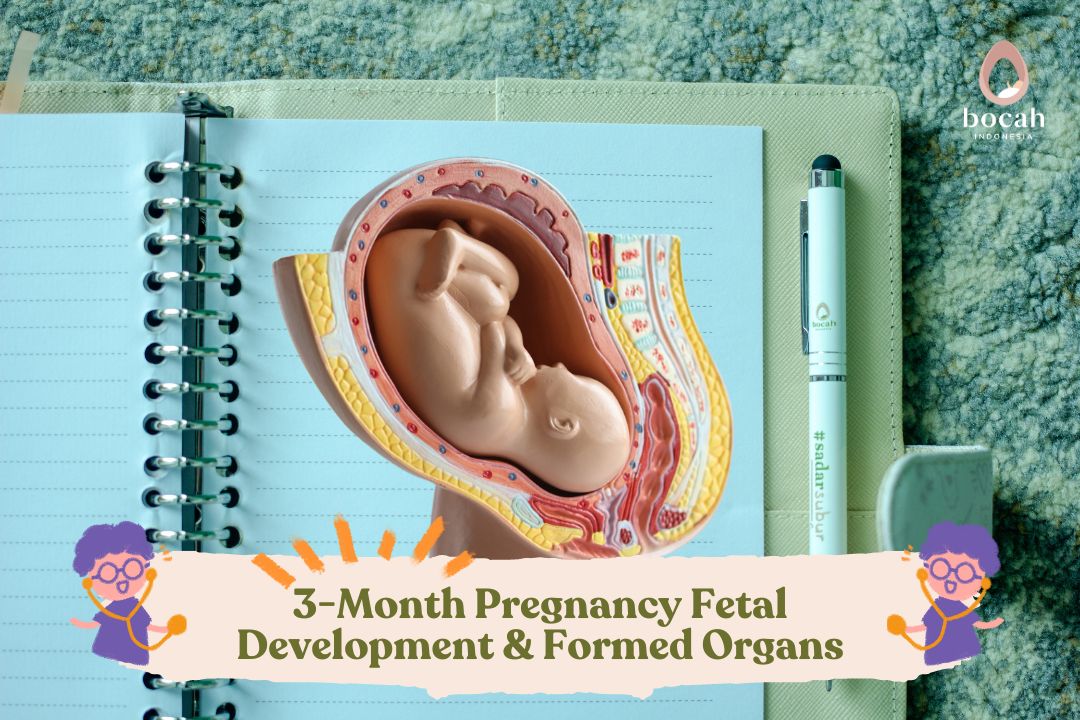
You might be curious about what happens to the fetus at 3 months of pregnancy. Find out the fetal development at this stage here.
The first trimester of pregnancy lasts from 1 week to 12 weeks of gestation, or during the initial three months of pregnancy. During this period, the fertilized egg undergoes transformation into a zygote or fetus that starts exhibiting human characteristics.
This might make expectant mothers very excited. However, the first trimester can also be a time when many pregnant women experience unpleasant symptoms such as nausea and fatigue. Learn about the development and care needed at the 3-month pregnancy mark, here.
Signs of the 3-Month Pregnancy Every Mother Should Know
At 3 months of pregnancy, mothers may experience several unpleasant things. You might feel unwell, experience morning sickness, or feel nauseous and vomit. This is a normal occurrence.
However, if you do not experience nausea in the third month, that’s also normal. Not all pregnant mothers experience nausea and vomiting early in pregnancy.
Tanya Mincah tentang Promil?
Pregnant women who don’t experience nausea might be due to their bodies quickly adapting to the rise in pregnancy hormones. On the other hand, some pregnant women might only experience morning sickness in weeks 8 to 10.
Pregnant women who don’t experience morning sickness often worry that there’s something “wrong” with their baby. But although research has shown that experiencing morning sickness is related to a lower miscarriage rate, there’s no research indicating the opposite.
Apart from nausea and vomiting, here are several symptoms that might occur during the third month of pregnancy:
- Constipation, gas, and heartburn
- Breast changes like swelling, itching, and darkened nipples
- Fatigue
- Dizziness and headaches
- Increased appetite
- Mood swings
- Increased vaginal discharge
- Increased aversion to certain foods
Sometimes, in early pregnancy, you might notice spots of light pink or brown blood on your underwear. Although this can be worrisome, it’s not always a sign of danger. Spotting during early pregnancy occurs in about 25 percent of healthy pregnancies.
However, you should contact a doctor if you see bright red blood, experience heavy bleeding, or if there are changes in the spotting you’ve recently experienced.
Changes in the Mother’s Belly at 3 Months of Pregnancy
If this is your first pregnancy, you might not have noticed any changes in your belly at 3 months of gestation. Many women, especially those with strong core muscles, might not see their belly grow and become noticeable until 4 or even 5 months into their first pregnancy. Every woman’s body is different.
However, if this is your second or subsequent pregnancy, you’re likely to notice changes in your belly earlier. Sometimes, even at 7 or 8 weeks of pregnancy, your belly might look different. But this is also influenced by your height, weight, and overall core muscle strength.
Fetal Development at 3 Months
At 3 months of pregnancy, your baby is working hard to grow. They are now about 2 to 3 inches in size and weigh approximately as much as a lime.
At 3 months of pregnancy (first trimester), the fetus has undergone many important developments, and its early organs have started to form. Here are some key developments that occur during the 3-month fetus:
- Formation of vital organs: At this stage, vital organs such as the heart, brain, liver, and lungs have started to form. Although still in the early stages of development, these organs have laid down the foundation of their structure and function.
- Nervous system development: The fetal nervous system is rapidly developing, with the brain and spinal cord becoming more complex. Nerve tissues are beginning to connect different parts of the body.
- Formation of hands and feet: By 3 months, the fetus’s hands and feet have formed clearly, complete with separate fingers. Although their size is still very small, the basic structures are visible.
- Facial features becoming clearer: Your baby’s facial features are becoming more defined, including the eyes, nose, mouth, and ears. While the proportions might not be fully balanced yet, the face is starting to take shape.
- Early digestive and respiratory system: Although still in development, the fetal digestive and respiratory systems have begun to form. This includes the mouth, esophagus, stomach, intestines, and lungs.
- Circulatory system: The fetal heart has developed and is beating strongly. Blood vessels and veins are also starting to form to support further blood circulation.
- Active movements: At 3 months, the fetus begins to experience active movements in the womb. While it might be difficult for the mother to feel them, the fetus will start moving and wriggling more often.
- Development of the uteroplacental system including the placenta: At this stage, the placenta has formed and is beginning to function to provide nutritional support and oxygen to the fetus. The placenta also helps remove waste products from the fetal body.
- Fetal reproductive system: At 3 months of pregnancy, the fetal reproductive organs start undergoing early development. However, at this stage, it’s not yet possible to accurately identify the gender visually or observe other sexual developments.
Things to Do During the 3-Month Pregnancy
During the first trimester, it’s important for mothers to focus on their own health, as the fetus is still very vulnerable, and it’s too early to prepare for labor and delivery. So, in this month, focus on your well-being.
Discuss with your doctor about activities to avoid and choose activities that are not only safe at this pregnancy stage but can also be adjusted to your development in the next 6 months.
Don’t forget to take prenatal vitamins and pay attention to a healthy diet. You can still indulge in your favorite foods, but strive to maintain necessary nutrition.
Get enough rest, especially if this is your first pregnancy. Both you and the baby in your womb need as much rest as possible. Regularly consult with your doctor according to the schedule set.
Immediately report if you experience worrying symptoms. Here are some symptoms you should discuss with your obstetrician:
- Fever over 38.9°C; fever in early pregnancy has a higher risk of neural tube defects.
- Severe abdominal pain or cramps.
- Back pain that disrupts daily activities.
- Continuous vomiting or inability to hold down food or fluids.
- Painful urination or signs of other urinary tract infections.
- Discharge from the vagina with an unpleasant odor or signs of other vaginal infections.
If you have any of the above symptoms, report them to your doctor immediately. Most pregnancy concerns can be addressed during monthly check-ups with your healthcare provider.
Source:
- Cleveland Clinic. Diakses 2023. Fetal Development
https://my.clevelandclinic.org/health/articles/7247-fetal-development-stages-of-growth - WebMD. Diakses 2023. The First Trimester: Your Baby’s Growth and Development in Early Pregnancy
https://www.webmd.com/baby/1to3-months - Healthline. Diakses 2023. What to Expect at 3 Months Pregnant
https://www.healthline.com/health/pregnancy/3-months-pregnant - Bleeding during pregnancy. Diakses 2023
Www.acog.org/patient-resources/faqs/pregnancy/bleeding-during-pregnancy


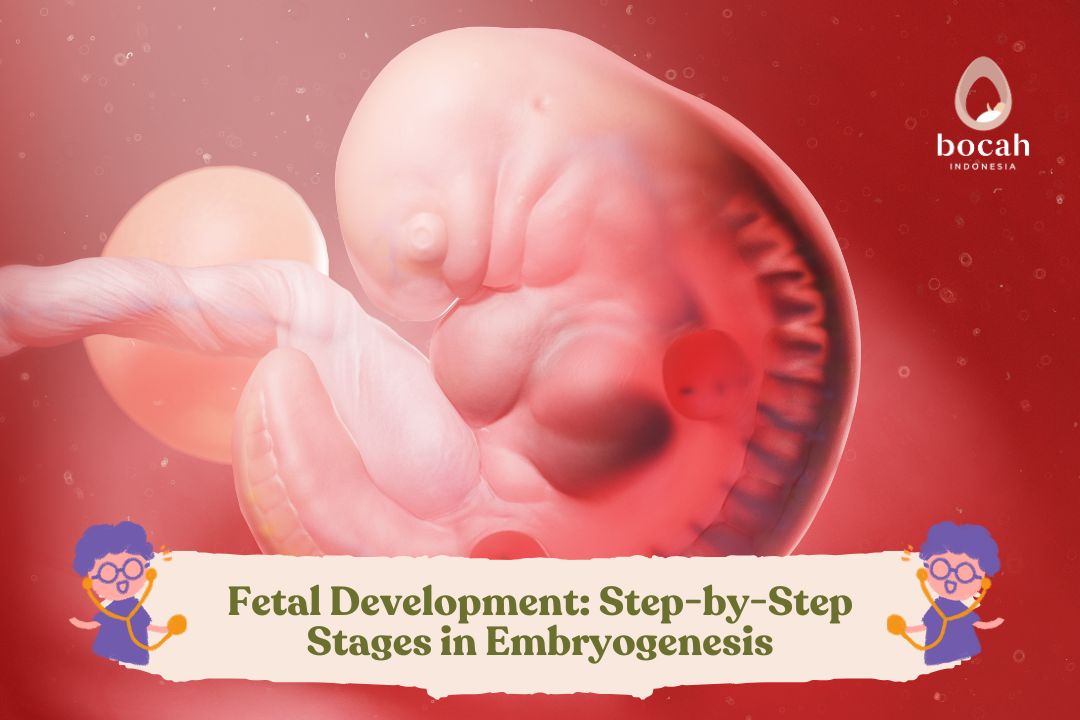
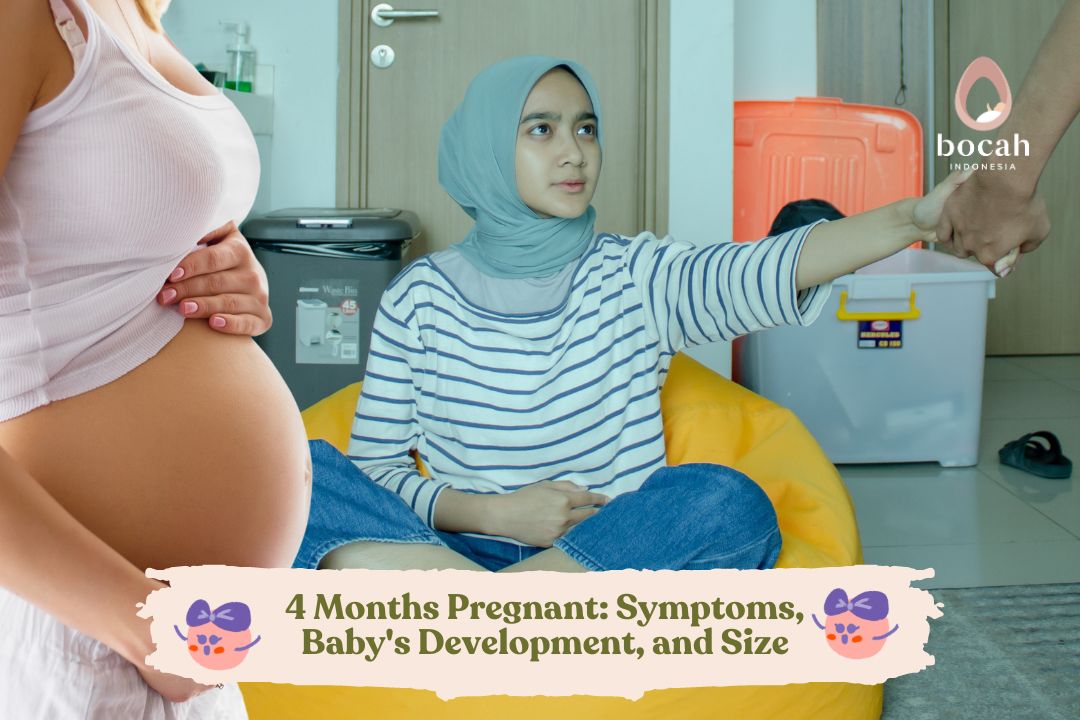

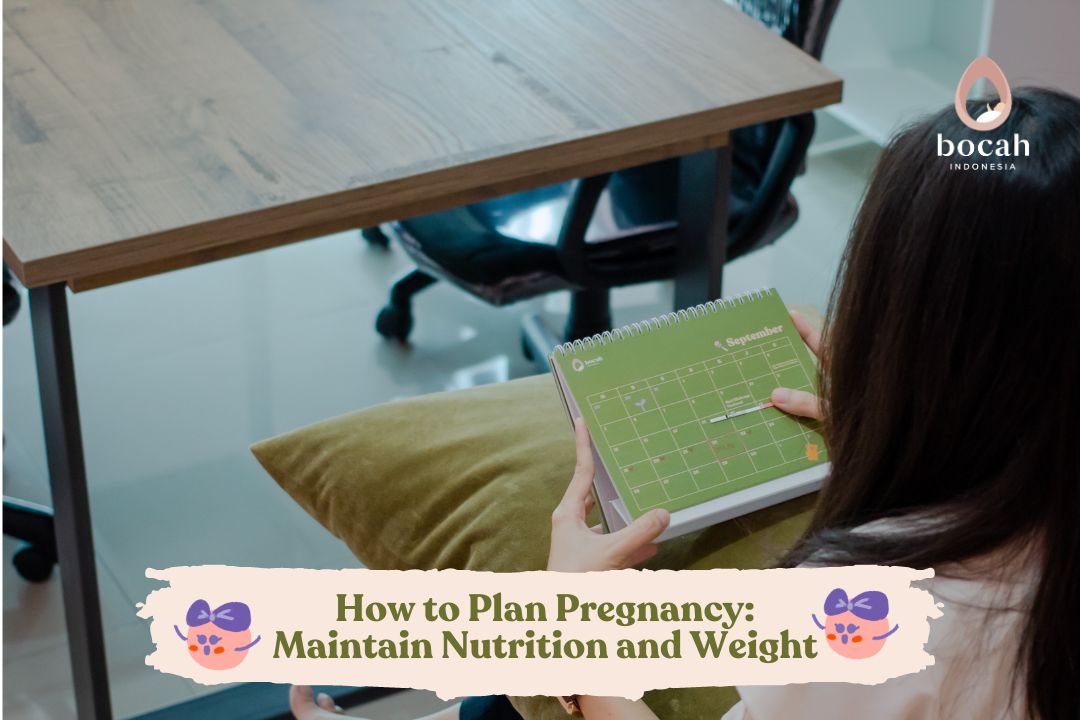

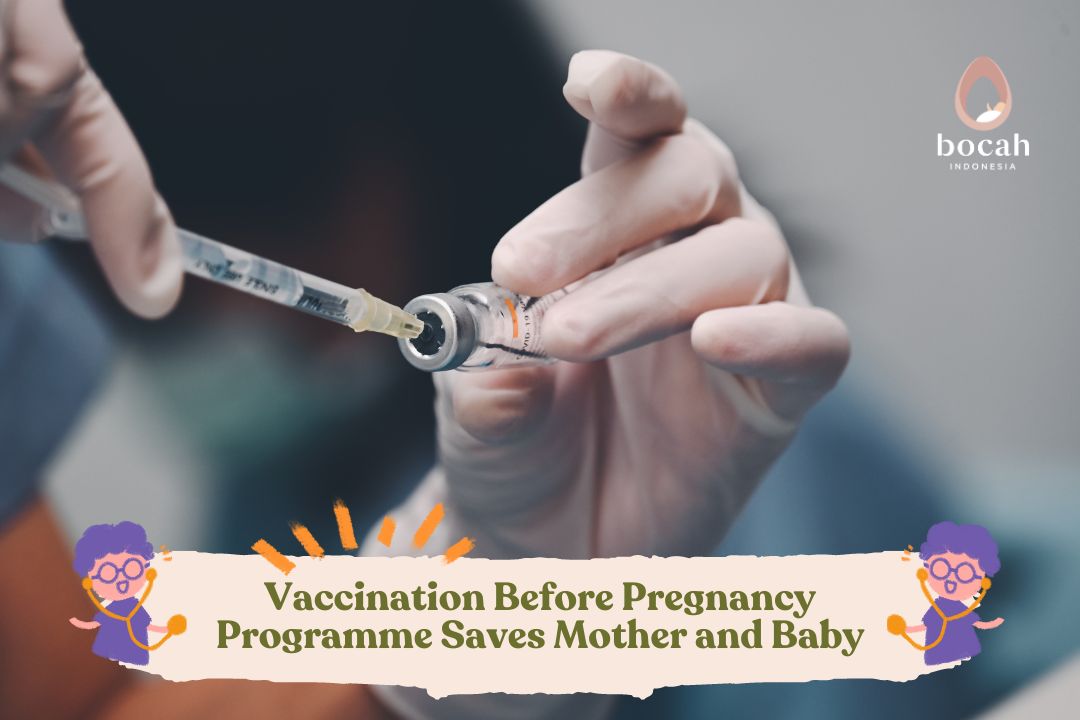
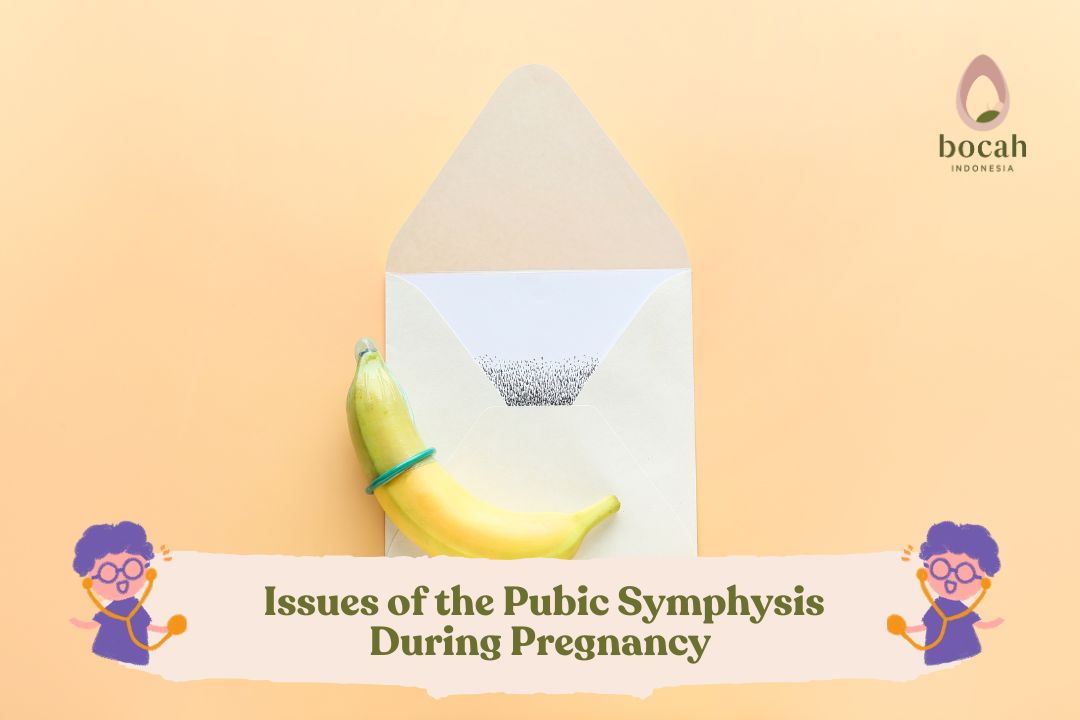
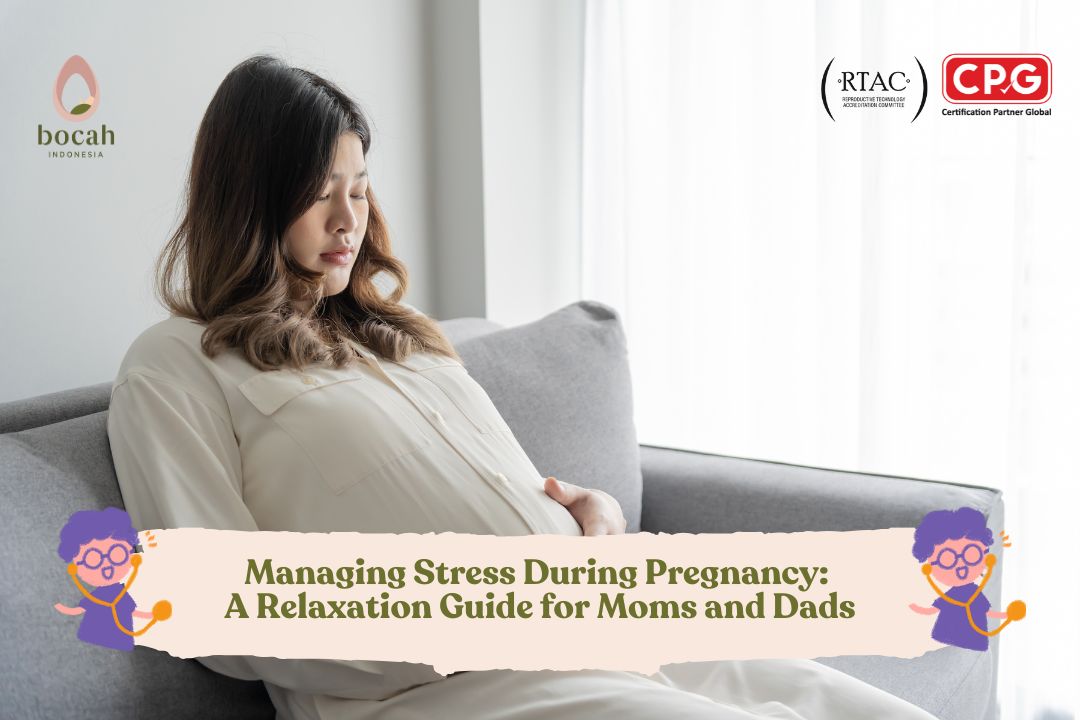

One Response
Thank u so much for the information I really appreciate it because it has helped me, thanks again.